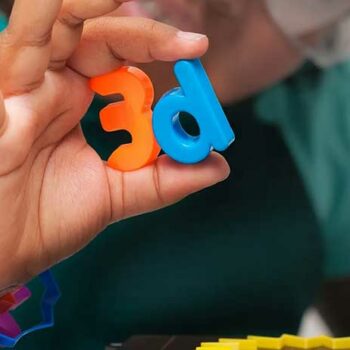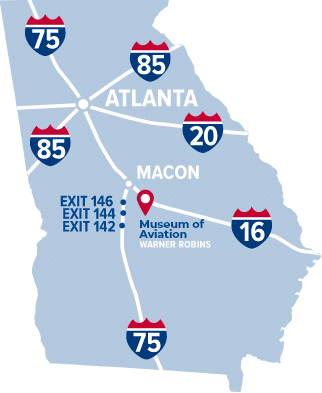There are certain events in a person’s lifetime that will forever mark the way they view the past and the future. These types of events are even more powerful when shared by a community, town, state or even nation. Television has changed the way these events are experienced and remembered. This has been on my mind a lot recently as the collections staff and I continue to work on our Vietnam War exhibit space. Vietnam was a war that, more than any before it, was presented to the American people in near real-time. The chaos and death that is war was beamed into American homes stateside. Television has changed the way we experience history, for better or worse. The Berlin Wall came down live on television. The opening strikes of the Gulf War and Operation Iraqi Freedom were watched by millions across the world, from the safety of their favorite recliner. Sadly, the first significant event I remember watching live on television was a tragic one. Today, 25 years to the day of that event, we stop to remember the crew of the Space Shuttle Challenger, STS-51-L.

STS-51 Crew(front row) Michael J. Smith, Dick Scobee, Ronald McNair, (back row) Ellison Onizuka, Christa McAuliffe, Gregory Jarvis and Judith Resnik.
The most unforgettable live television feed I have seen is of course September 11, 2001. I will never forget that day, or those feelings. That date aside however, January 28, 1986 is one of the most vivid memories I have of being a child. I was only 5 years old at the time of the Challenger disaster. Being so young, there was no real way for me to comprehend exactly what was going on but the sense of horror and loss that I saw on television and by those around me, including my parents, left a deep impression. It seemed strange to me at first, this sense of shared loss. Later in the day, President Ronald Reagan spoke to the nation, once again on live television, about the loss of the Challenger. The words themselves have come to mean more to me as the years have gone past, but I do know that at that time I understood that the nation was mourning. Reagan’s sad tone and the tears streaming down my mother’s face conveyed a sense of deep loss that I could not completely understand at the time, only share.
Television still plays a huge role in the broadcast of historical events. Social Media however, is the new and emerging force in live coverage. Youtube is littered with amateur videos of these events, Twitter is the place to get instant and on-location news updates and Facebook has become a place for announcing everything from marriages to political campaigning. Below you can watch the full speech that President Reagan that evening. Reagan ends it with para-phrased quote from the poem “High Flight” by John Gillespie Magee, of how the astronauts had “slipped the surly bonds of earth” to “touch the face of God.” As we remember the crew of Challenger today, I hope the shared experience people had on that fateful day continues to spark dialogue about how history is recorded and presented. As long as we continue this exchange of ideas, with the Challenger Disaster as an example, we will help to ensure that the memory of those seven brave men and women will forever be preserved. [youtube=http://www.youtube.com/watch?v=gEjXjfxoNXM]














